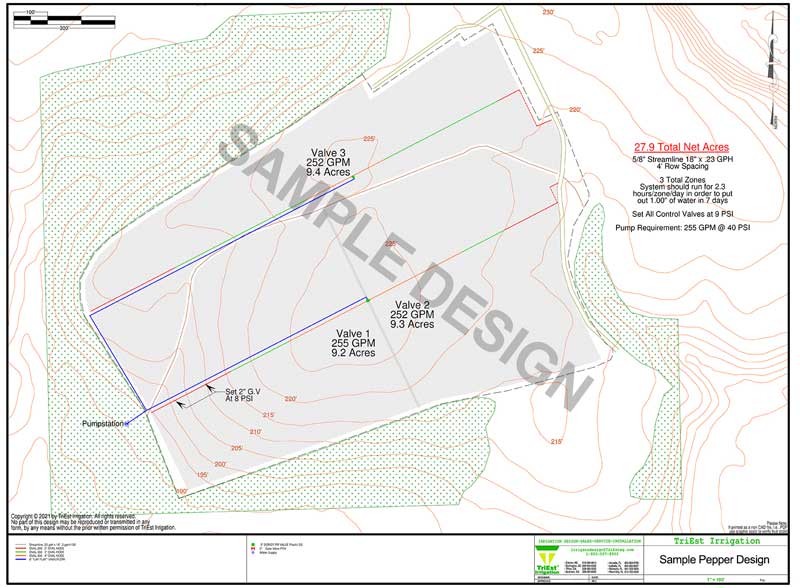Plasticulture
Squash
Squash is grown in the Southeast in open fields on raised beds covered with plastic tarps. As an industry leader with more than 50 years' experience, TriEst Ag is committed to bringing expertise, innovative solutions, and real field support to help squash growers optimize their yields.
Squash Fumigation
Due to the climate in the Southeast, growers have the ability to produce multiple crops from a single fumigation and tarping. It is common practice for a grower to fumigate once in the spring for a pepper crop, which is followed by a summer cucurbit (squash, cucumber, cantaloupe, watermelon) crop and a late fall or winter cabbage crop before removing the plastic tarp to begin the next fumigation cycle. Squash, cucumber and cabbage are a second or third crop in the production cycle following fumigation.
Soil fumigants are used to suppress populations of harmful pests and pathogens beneath the plastic tarp:
- Parasitic Nematodes
- Rhizoctonia
- Pythium
- Fusarium
- Weeds (specifically nutsedge)
Soil fumigants are applied two to four weeks before the crop is planted. Formulations can be used on their own or co-applied with other fumigants. One pass and you are done - helping with residue management for erosion control, reduced application costs, lower pounds of active ingredient which can positively affect bufferzone allowances, a shorter plant back window, and broad-spectrum efficacy.
Real Field Results
Squash Trial Need trial data
Florida Ag Research
Trial # TR1801F
Thonotosassa, FL Dec 2018
Under conditions of high root-knot nematode pressure (Meloidogyne spp.) and Fusarium wilt (Fusarium oxysporum f.sp. lycopersici), a fully replicated field trial was conducted at Florida Ag Research in Thonotosassa, FL in 2018. Pic-Clor 60 at a broadcast rate of 200 lbs/acre (120 lbs/acre broadcast equivalent rate) was compared to the non-fumigated control treatment. Aside from the fumigant, both treatments had the same agricultural practices such as TIF mulch, drip irrigation, and fertility and pest management programs. At this modest rate, Pic-Clor 60 increased yield by 50% over the non-fumigated control. Additionally, root vigor was significantly higher in the Pic-Clor 60 treatment.
Pepper Trial
Treated vs. Untreated
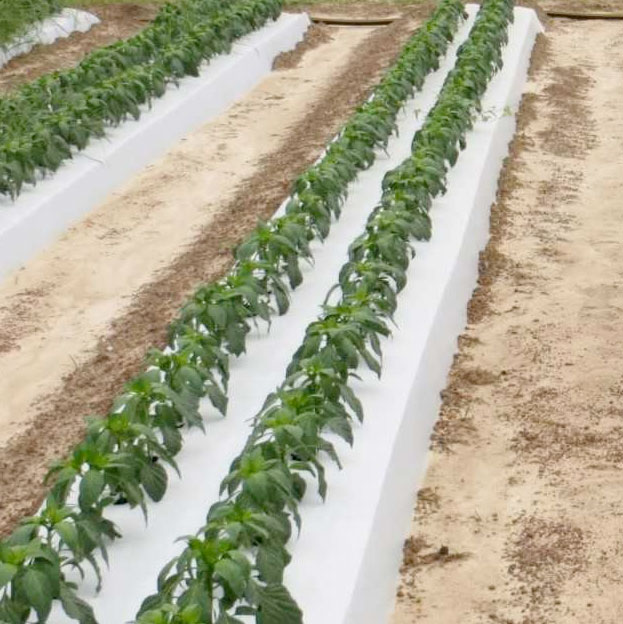
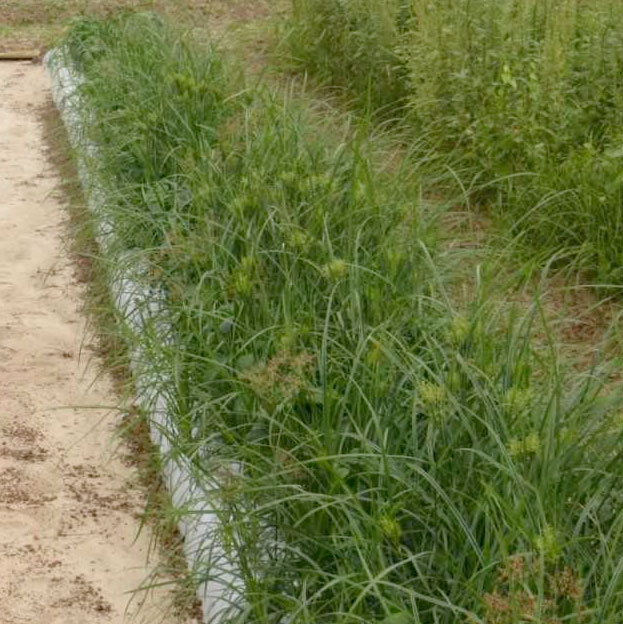
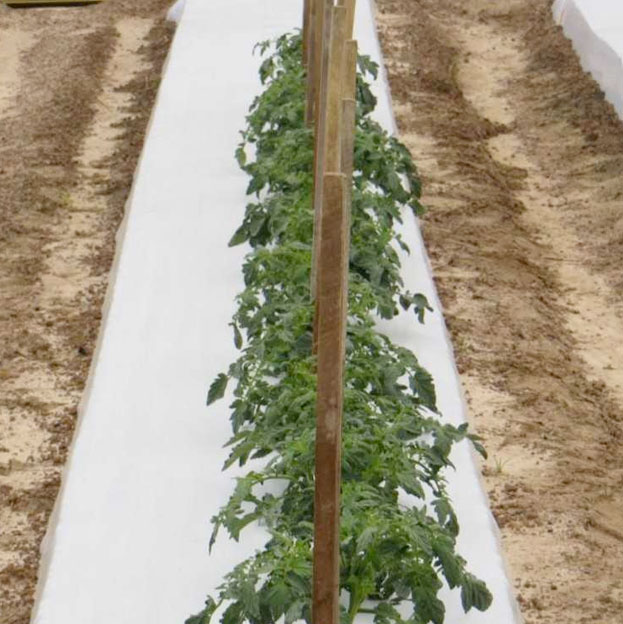
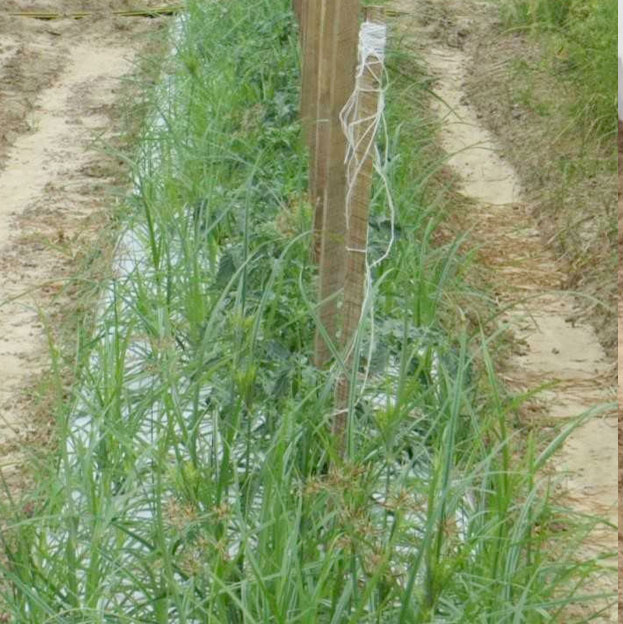
Every grower has a different need. Every grower has a different disease pressure. The prescribed treatment is specified to each scenario.
Contact Us Today To Discuss Prescriptive Options For Your Field Today.
Squash Plant Nutrition Need squash info
We specialize in a well-rounded and complete fertility program designed for tomato & pepper production.
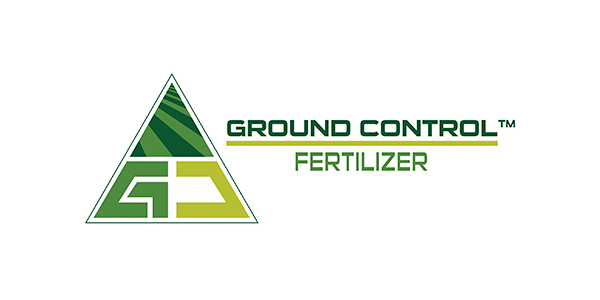
Dry Fertilizer: Ground Control Command
The poly-coated fertilizers release plant nutrients slowly and continuously throughout the growth cycle. A single application of GC-Command controlled release fertilizer will supply optimal levels of nutrients for an extended period of time.

Liquid Fertilizer: Liberty Acres
Liberty Acres Fertilizer fertigation grade liquid fertilizer blends supply all key crop nutrients in a single blend that is compatible and approved for a drip irrigation system.
- Example labels for tomatoes & peppers. These are commonly used blends in the southeast.
- Liberty Acres Fertilizer has a full line of standard blends that can be customized to meet production goals or specific soil needs.
Foliar Nutrition: Tomato Program
(Multimineral, Big 5, Magnesium, Calcium, and Potassium 0-0-24)
Foliar Nutrition: Pepper Program
(CropUp, Magnesium, Calcium, Big 5, and Potassium 0-0-24)
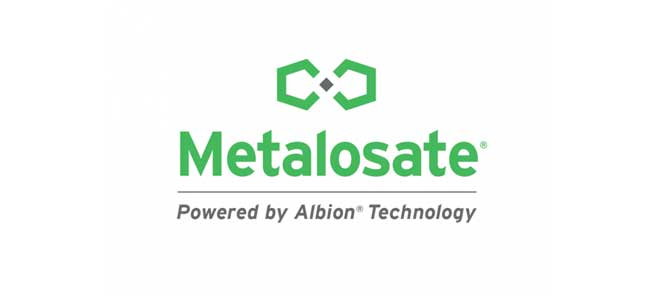
Foliar Nutrition: Metalosate Powered by Albion Technology
Metalosate Powered by Albion Technology uses natural amino acids to chelate the minerals. They are rapidly absorbed, translocated, and metabolized by plants upon application.
- Improves vegetable & fruit production
- Increases quality
- Increases skin firmness and quality
- Longer fruit shelf life
Squash Irrigation Need squash information.
Fruiting vegetables like peppers and tomatoes are very sensitive to drought stress at flowering and as fruits develop. Fruit set can be negatively impacted if water becomes limited. An adequate supply of water during the period of fruit growth can reduce the frequency of fruit cracking, blossom-end rot, and other quality issues in tomatoes and peppers.
Making the right decisions while your tomatoes or peppers are growing is important. Let TriEst Ag guide you with choosing the right irrigation system for your growing plans. We have decades of experience designing drip and fertigation systems that are completely manual to fully automated in open field, high-tunnel, and greenhouse production systems.
